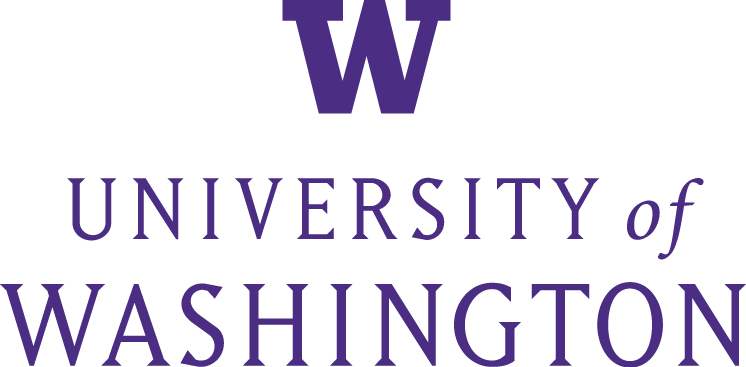Travel Impact on Student-Athletes: Sleep Experts and Physicians Address Effects and Provide Recommendations
With several university athletic programs around the country — including the University of Washington — announcing moves to new conferences that will likely increase travel for student-athletes, a group of sleep and circadian scientists and physicians have published a white paper describing the significance of repeated, chronic jet lag on student-athlete health and performance — both in academics and in sports, and suggesting strategies to reduce the consequences of travel across time zones.
Horacio de la Iglesia, a UW professor of biology and circadian rhythms expert, was a co-author of the paper and is President of the Society for Research on Biological Rhythms.
“We all love to see the Huskies beat the Ducks, and appreciate the funds that these games bring to the UW. But, as instructors, we also know that student athletes always need to shoulder more than most students,” de la Iglesia said. “More east-west travel and more travel time has increased this load and added a sleep disparity to it. Proper sleep is critical for health and we can’t let the health of our student-athletes get out of focus. As a community, it is our responsibility to guard their sleep, which will not only protect their health, but will also optimize their academic and athletic performance.”
“Cognitive abilities are best in the morning hours, complex hand-eye coordination in early afternoon, and peak muscle performance in late afternoon-early evening,” de la Iglesia added. “Therefore, the scheduling of events can favor one or the other team.”
A total of 25 experts co-authored the paper, noting that while travel is essential in collegiate athletic programs it inevitably results in disruptions of academic work, poor sleep, and alterations in most other aspects of student life.
“This white paper highlights some of the potential negative health repercussions of the recent college athletic conference re-alignments. The effects will be particularly challenging for athletes in sports that compete multiple times per week,” said Dr. Russ Van Gelder, professor and chair of the UW Medicine Department of Ophthalmology and a co-author on the paper. “I hope that affected university administrations recognize these potential repercussions and take appropriate steps to track and mitigate the effects of frequent trans-time zone travel on their students.”
The UW Athletics program already is looking at efforts to mitigate the effects of additional travel upon its upcoming move to the Big Ten Conference in August 2024.
“We are excited about the future of our athletic department and will continue working to optimize the student-athlete experience. While competition schedules and travel demands are yet to be determined, we have been working to identify high level, transition-related needs especially as it relates to sleep science,” said Michael Dillon, UW Associate Athletic Director for Health and Wellness. “We are currently identifying a team of consultants, that will be instrumental in working with our existing staff, to guide education initiatives for our student-athletes. And, as always, we will continue prioritizing mental and physical health, and implementing solutions to benefit the welfare of Washington student-athletes.”
The authors of the paper share recommendations to lessen the impact of jet lag, including creating event schedules that minimize the circadian differentials between the teams. Other methods include preadaptation for several days before travel or allowing sufficient time in the new location to allow circadian adjustment— but they note the latter may prove difficult because it extends the length of each trip. Both before and after travel, management of exposure to light is important as are a variety of methods to facilitate good sleep.

